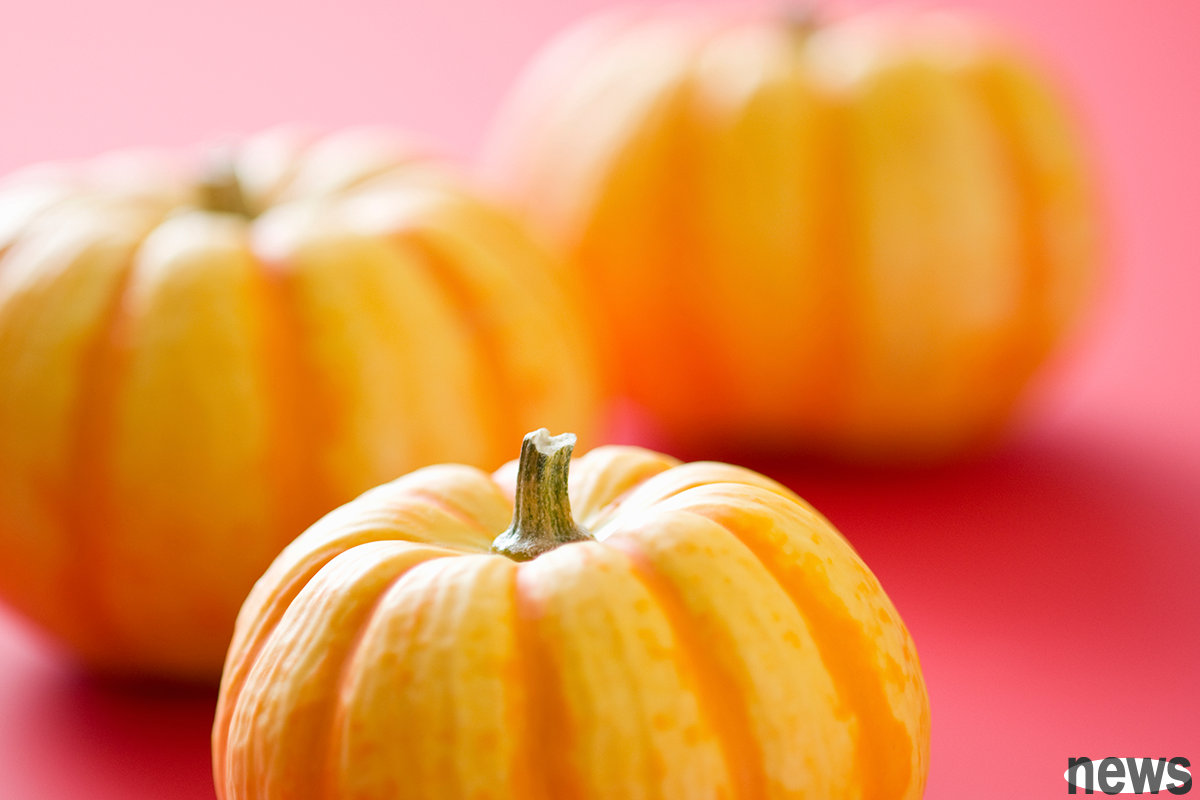Vitamin E is a natural antioxidant that maintains the internal immune system, vision and skin health. In food, fat in meat, poultry, fish, grains and dairy products are good sources of vitamin E. Natural antioxidant Vitamin E Improves immunity and p...

Vitamin E is a natural antioxidant that maintains the internal immune system, vision and skin health. In food, fat in meat, poultry, fish, grains and dairy products are good sources of vitamin E.
Natural antioxidant Vitamin E Improves immunity and prevents eye disease Vitamin E is an antioxidant that can help protect cells in the body from damage caused by contacting harmful substances such as syrup or radiation; it also helps to maintain a healthy immune system, promotes eye health and maintains a healthy skin, and also exerts its effects in maintaining heart health.Many studies have investigated the effects of vitamin E-rich diets in preventing a range of cancers. However, there are no clear evidence that eating more or taking vitamin E health foods can reduce the possibility of cancer. Vitamin E, vitamin C, β-Hussil and pilosula have been proven to protect high-risk groups from age-related yellow spots. However, single use of vitamin E does not reduce age-related yellow spot change risks.
Vitamin E is found in fats and oils of animal products (meat, poultry, fish and dairy products) as well as vegetables, seeds and grains. Only a small amount of fat and oil can you get enough vitamin E in your diet. The way of food will affect the degree of vitamin absorption. Vitamin E is sensitive to heat, so the best way is to eat as much fresh raw food as possible, rich in vitamin E.
8 plant-based foods rich in vitamin E 1. Milky germ oil: 20 mg per spoon; it can be used as cooking oil, but it will reduce its vitamin content after high temperature cooking.2. Red flower oil: 5 mg per spoon; you can use red flower oil to make salad sauce.
3.Sunflower seeds: 7 mg per 22 grams of seeds; add the seeds to Eagle, marinade or salad.
4. Almonds: 7 mg per 22 fruits; serve as a snack or add to salad.
5. Peanuts, peanut sauce: 5 mg per 100 grams of fruit; eat original peanuts without salt or sugar.
6. Pumpkin/butch squash: 1.3 mg per 100 grams; it can be baked and eaten as a side dish.
7. Red bell pepper: 2 mg per medium-sized raw pepper; make it into fresh salads or stir-fry dishes, but it will reduce the vitamin E content after cooking.
8. Beetroot and spinach: 1.8-2 mg per 100 grams; it can be eaten raw in salad or fried after eating.
{twenty three} {twenty four}
6 Food affects body taste......https://bit.ly/3vcKXrT